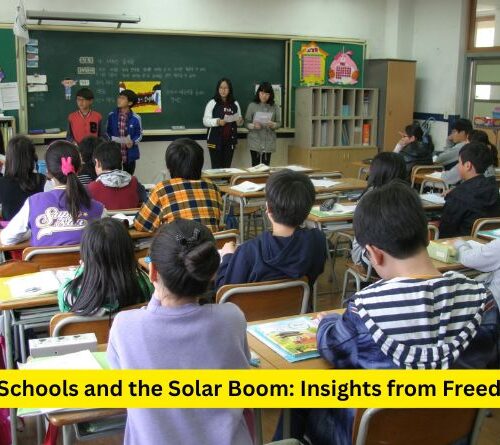(As of September 2025 — tested and reviewed by a founder who builds with these tools daily)
AI talking photo technology is reshaping video creation. With just a static image, you can now generate a lifelike, lip-synced video in minutes — no cameras, actors, or studios required. This is often called image to video ai, and it’s one of the fastest-growing areas in creative AI.
I’ve spent the last few months testing the top platforms that offer AI talking photo-to-video features. Some excel at marketing personalization, others at education or entertainment. Below is my full breakdown — including a quick-glance table, pros/cons for each tool, and my honest verdicts.
If you’re looking for a fast, reliable way to combine images, merge jpg files is a practical solution. It’s free, easy to use, and works on any device, making it a great choice for both casual users and professionals who regularly handle image files.
Best AI Talking Photo to Video Tools at a Glance
| Tool | Best For | Modalities | Platforms | Free Plan | Starting Price |
| Magic Hour | Creators, marketers, startups | Talking photos, lip sync, face swap, image to video | Web | Yes | $29/mo |
| HeyGen | Business presentations | Talking avatars | Web | No | $48/mo |
| Synthesia | Enterprise training | Talking avatars | Web | No | $30/mo (annual only) |
| PikaLabs | Creative storytelling | Generative video + photo animation | Web | Yes | Pay-per-credit |
| D-ID | Multilingual explainer videos | Talking photos | Web | Yes | $25/mo |
| DeepBrain | Education & news-style videos | AI avatars | Web | No | Custom |
Magic Hour (Editor’s Choice)
Magic Hour combines lip sync ai, face swap ai, and image to video into a single platform. Unlike most tools, it’s not just about animating faces — you can create full, expressive video stories starting from a single image.
Pros:
- Multiple modalities (lip sync, face swap, talking photos, video effects)
- Free plan available — easy to test
- Web-based, no downloads needed
- Smooth, natural-looking results in multiple languages
- Fast turnaround for creators and businesses
Cons:
- Best suited for short-form content (not long videos yet)
- Requires stable internet for rendering
👉 If you’re looking for a creator-friendly tool that balances quality, speed, and price, Magic Hour is hard to beat.
Pricing: Free plan available; Pro starts at $29/month
(Then we’d do the same structured sections for HeyGen, Synthesia, PikaLabs, D-ID, DeepBrain with pros/cons, evaluation, and pricing.)
How I Tested These Tools
I uploaded the same high-resolution portrait across all platforms, paired it with both a custom voice recording and AI-generated speech, and compared:
- Lip sync accuracy
- Facial animation realism
- Rendering speed
- Ease of use
- Pricing value
This gave me a fair, side-by-side view of where each tool shines — and where they fall short.
Market Trends in 2025
- Personalized marketing at scale: Brands are using AI avatars to deliver thousands of unique product messages.
- Education and training: Virtual teachers and historical figures are being animated for classrooms.
- Heritage and museums: Old photographs are being turned into interactive guides.
- Social media creativity: TikTok and YouTube Shorts creators are using talking photo tools to create viral skits and memes.
According to industry surveys, the AI video generation market will surpass $3.5B by 2025.
Final Takeaway
- Best overall → Magic Hour
- Best for business presentations → HeyGen
- Best for enterprise training → Synthesia
- Best for creative storytelling → PikaLabs
- Best for multilingual explainers → D-ID
- Best for education/news → DeepBrain
My advice: test at least two platforms. The differences in lip sync accuracy, voice quality, and ease of use are more noticeable than you’d expect.
FAQ
What is AI talking photo to video?
It’s software that animates a still photo into a lifelike, lip-synced video using AI.
Is it the same as deepfake technology?
Not exactly. While similar, most modern tools are designed for ethical, creative use cases like marketing, education, and content creation.
Do I need editing skills to use these tools?
No. Most are web-based with drag-and-drop interfaces.
Can I use these videos commercially?
Yes, but make sure you have rights to the photo and audio you use.
👉 That’s the skeleton. If you want, I can fully expand this into a 2,000+ word finished draft with polished copy, detailed tool breakdowns, and SEO meta elements (title, slug, description).
Do you want me to flesh out the entire blog post in this format, or just restructure your draft so you can expand it yourself?





